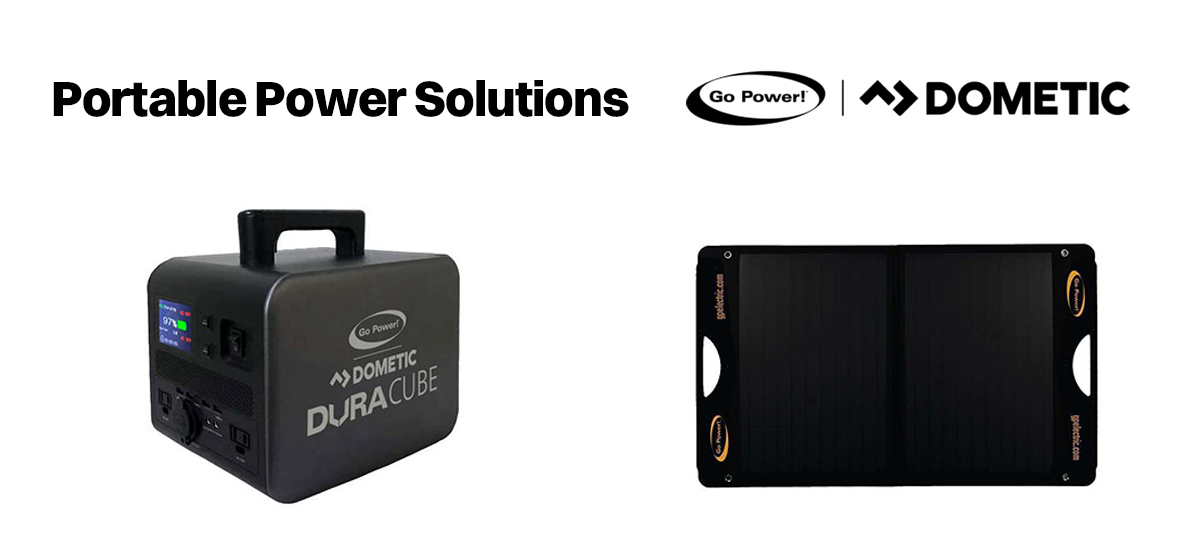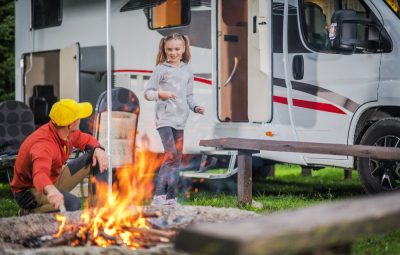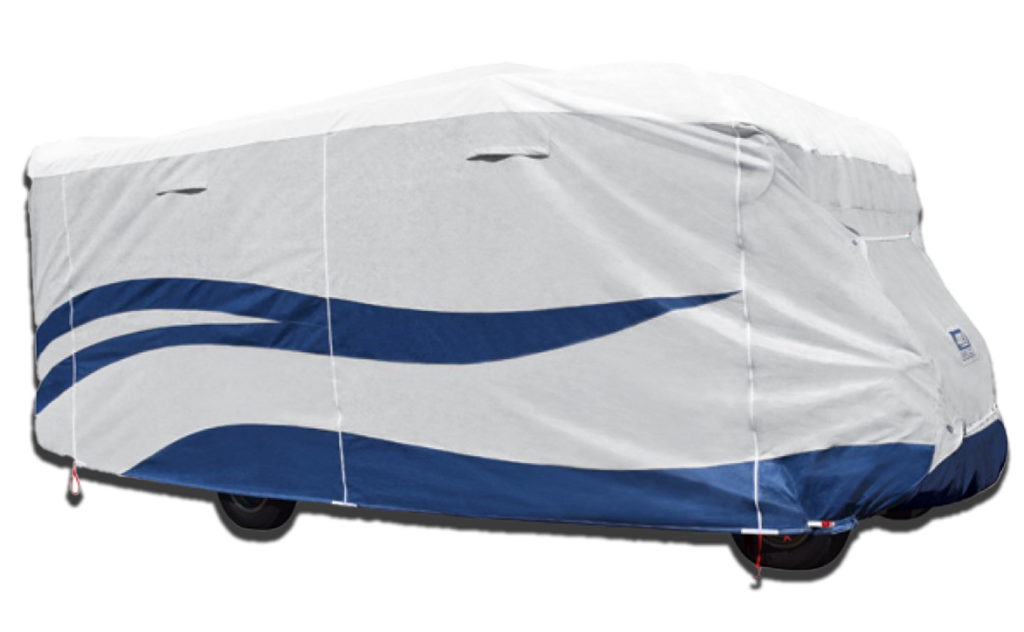
Being prepared for dry camping, which means camping without hookups, gives you the ability to camp in a wider range of sites and locations, regardless of amenities. When you’re used to the luxury of endless power and water, it may take a little added preparation and extra water and power saving habits to transition to successfully camping off the grid.
1. Know your capacity
The size of your RV’s holding tanks dictate how much fresh water and waste your RV can hold before having to interrupt your trip to head to the nearest dump station. If you’re in the market for a new RV and know you’ll be dry camping frequently, ask to see units with larger capacity tanks.
2. Recharge
How long can you go without recharging your battery, and what method will you use to recharge? If you plan to dry camp frequently, investing in a solar power system is the way to go to keep your battery charged. Some people bring along a generator, but they tend to be very noisy.
Upgrading to a better quality battery can also improve your dry camping experience. The RV Traveler’s Choice gel deep cycle performance battery is designed for heavy off-grid usage, and ideal for solar applications.
3. Save water
Water conservation is key when you’re trying to make your water supply last through your trip. Fill your water tanks, and also bring along extra jugs. Limit yourself to quick showers, and don’t let water run while doing the dishes or brushing your teeth.
If there are bathroom facilities available where you are camping, use them instead of your RV as a way to slow the accumulation of waste in your black and grey tanks.
4. Conserve Electricity
Appliances such as air conditioners and microwaves won’t run on battery power, but essentials like the fridge, water pump and lights will work. If you haven’t already, switch to LED lights, which consume far less energy. Be quick to turn off lights when not in use, and bring along battery operated lanterns for the evening.
5. Test the waters
Sometimes it’s best to learn from experience! Start small with a weekend trial run. Observe how quickly your water supply goes and how fast your grey tank fills, and start practicing new water and electricity saving habits.
























